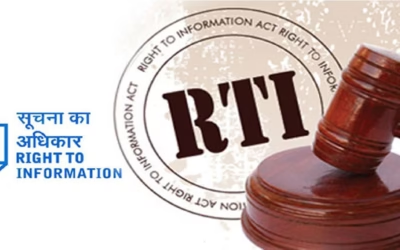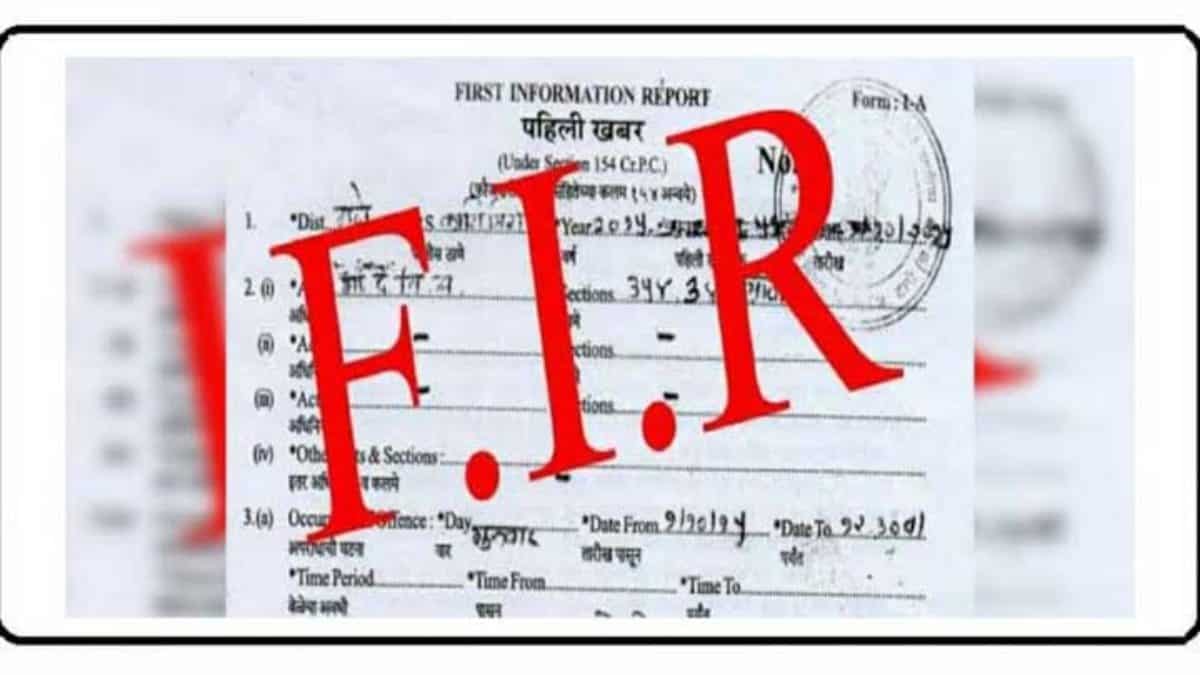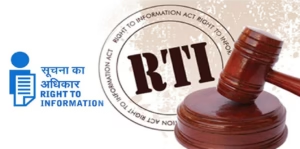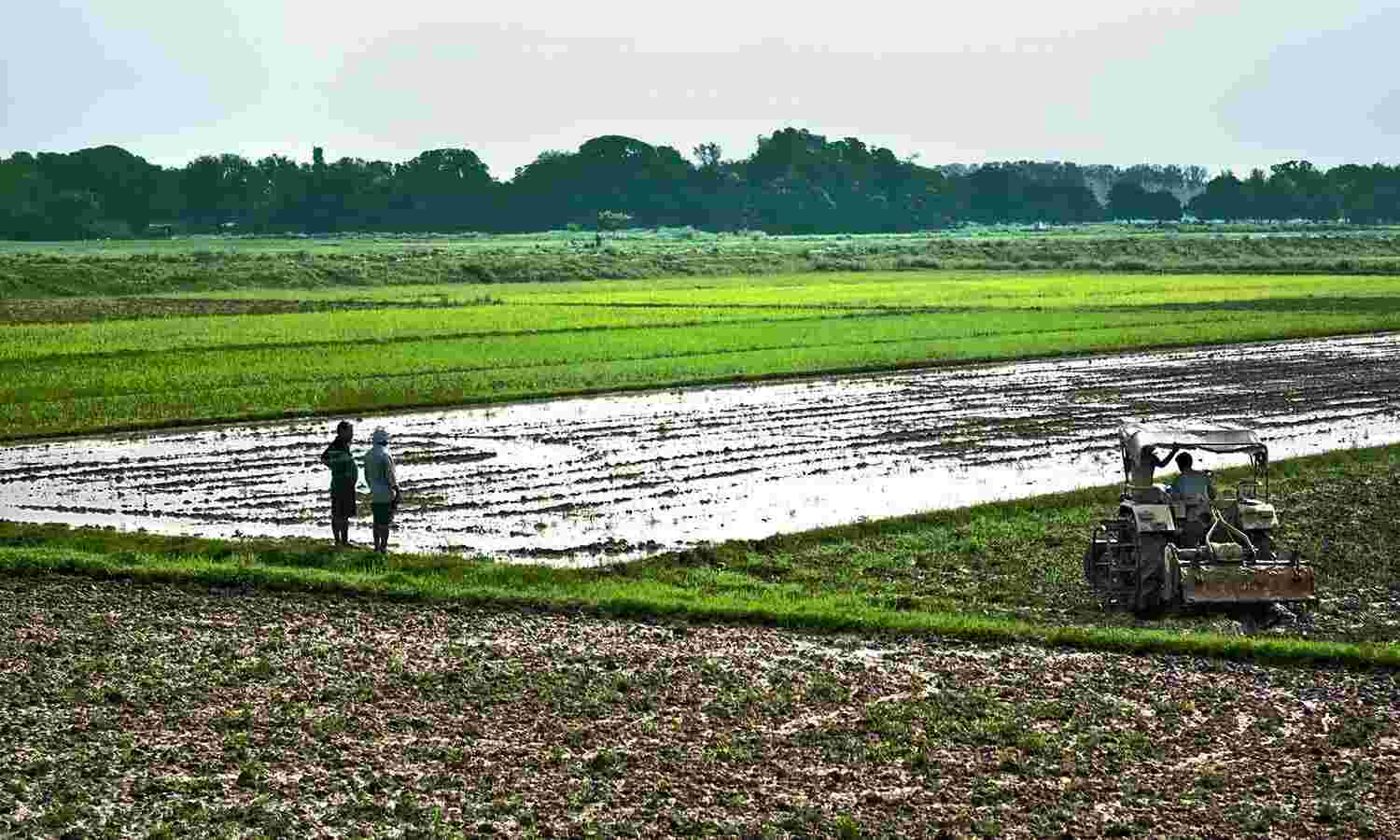
How to Prove Ownership of Agricultural Land: Essential Legal Documents for Farmers

Ownership of agricultural land is a critical issue for farmers, as it directly affects their livelihood, access to government schemes, and legal protection of their property. Proving ownership requires specific legal documents that establish your rights over the land. This article outlines the key documents every farmer should have to prove ownership of agricultural land in India.
Importance of Proving Land Ownership
Proving ownership is essential for:
- Accessing government subsidies and loans.
- Avoiding property disputes.
- Selling or transferring land.
- Claiming compensation in cases of land acquisition.
Key Legal Documents to Prove Ownership of Agricultural Land
- Title Deed (Sale Deed)
- The title deed is the most important document that establishes legal ownership of the land.
- It serves as proof of purchase and specifies the property’s boundaries, ownership history, and other details.
- Ensure that the deed is registered with the Sub-Registrar’s Office to make it legally valid.
- Jamabandi/Record of Rights (RoR)
- This document contains details about the landowner, the type of land, and its area.
- It is maintained by the Revenue Department and acts as proof of ownership and possession.
- Farmers should update the Jamabandi regularly to reflect any changes in ownership.
- Mutation Certificate
- Mutation records are essential when ownership is transferred (e.g., through sale, inheritance, or gift).
- This document ensures the land records are updated with the current owner’s name.
- Survey Documents
- Survey records provide details about the exact measurement and location of the land.
- These are critical in case of boundary disputes or government surveys.
- Land Tax Receipts
- Payment of land revenue or property tax indicates ownership and possession of the land.
- Keep all tax payment receipts for reference.
- Encumbrance Certificate (EC)
- The encumbrance certificate shows whether the land is free from any legal or financial liabilities, such as loans or mortgages.
- It is important when selling the property or obtaining a loan.
- Partition Deed (if applicable)
- If the land was inherited or divided among family members, the partition deed specifies the share of each family member.
- It helps avoid disputes and confirms the rightful owner.
- Patta/Khata Certificate
- In some states, the Patta or Khata certificate serves as proof of land ownership and its classification (agricultural, residential, etc.).
- Adangal/Pahani (Village Account Records)
- These village records are maintained by local authorities and contain information about the land’s cropping patterns, ownership, and water sources.
Steps to Prove Ownership of Agricultural Land
- Ensure Proper Documentation
- Collect all relevant documents, including the title deed, mutation records, and tax receipts.
- Verify that the land records are up to date with the latest ownership details.
- Conduct a Legal Verification
- Check the encumbrance certificate to confirm that the land is free of disputes or liabilities.
- Survey and Measurement
- Obtain a survey report to confirm the exact boundaries and area of the land.
- Register the Land
- Ensure that the land is registered with the local Revenue Office or Sub-Registrar’s Office to make your ownership legally valid.
- Consult a Legal Expert
- If disputes arise, seek the help of a property lawyer to defend your ownership rights.
Government Portals for Land Records
Many states in India have digitized land records. Farmers can access and verify their land details online through portals such as:
- Bhulekh (Uttar Pradesh)
- Dharani (Telangana)
- MeeBhoomi (Andhra Pradesh)
- Bhoomi RTC (Karnataka)
Check your state’s revenue department website for accessing land records online.
Common Challenges in Proving Land Ownership
- Missing Documents: Losing original documents can complicate the process. Always keep certified copies.
- Disputes: Ownership disputes with family or neighbors can delay legal recognition.
- Outdated Records: Ensure that land records are updated to avoid discrepancies.
Conclusion
Having the right documents is crucial to proving ownership of agricultural land. Farmers should maintain updated land records and consult legal experts if they face challenges. By securing their ownership rights, farmers can protect their livelihood, access government benefits, and ensure long-term security for their families.
For more legal advice and assistance on land ownership, visit LegalSathii.com and connect with experts who can guide you through the process.































